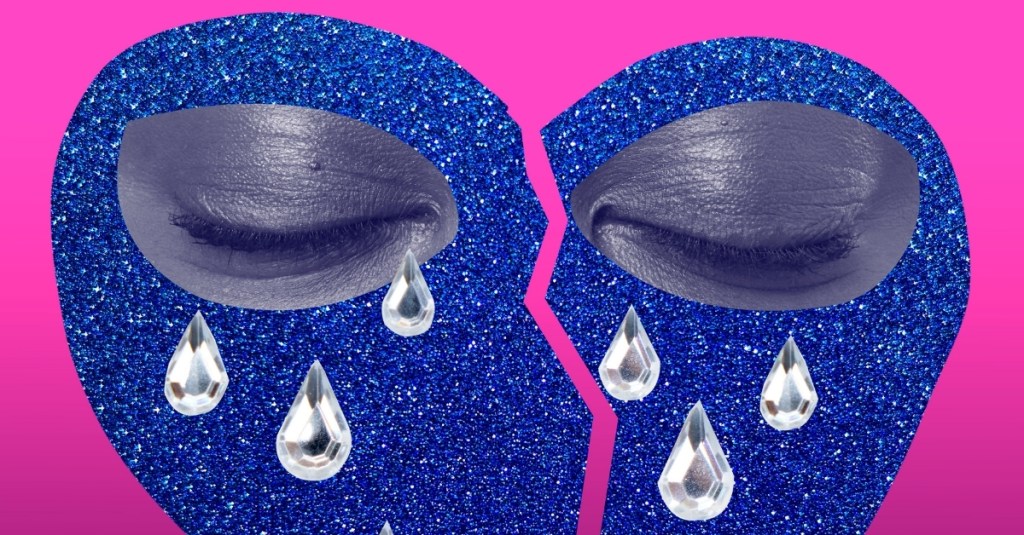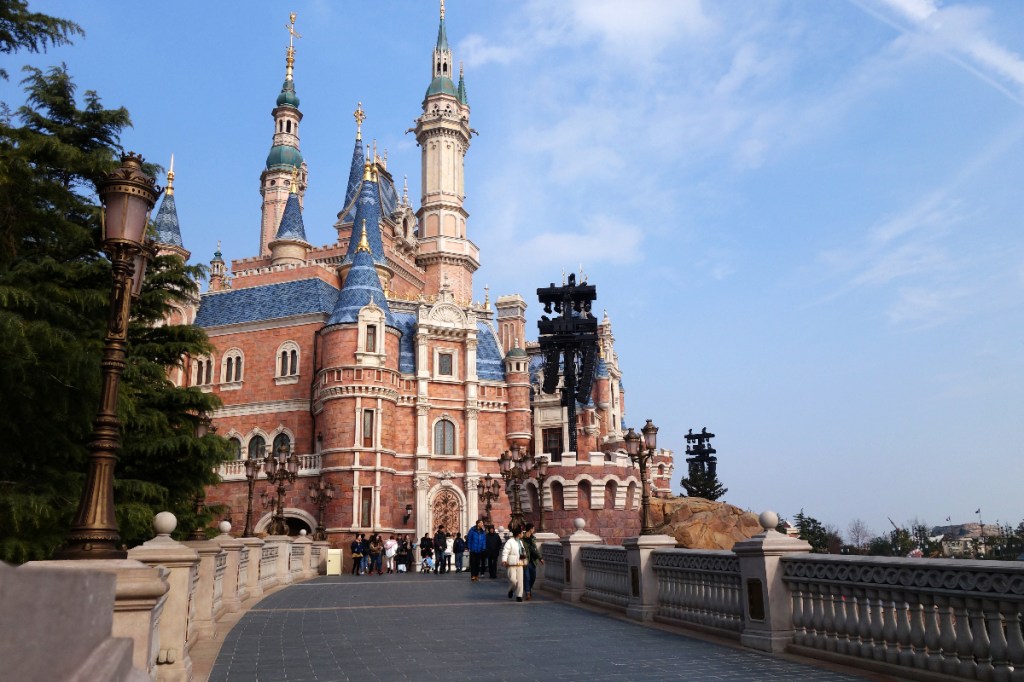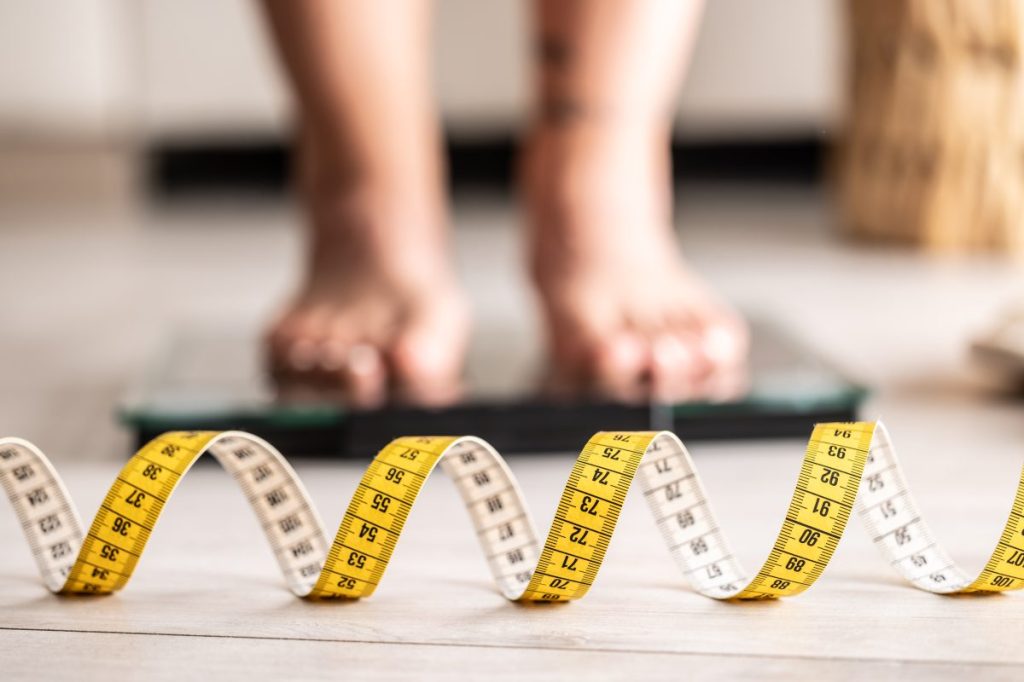New research has found that cardiac muscle might be able to regenerate itself following heart failure in some patients with artificial hearts.
A recent investigation co-led by Hesham Sadek, MD, PhD, director of the Sarver Heart Center and chief of the Division of Cardiology at the U of A College of Medicine – Tucson’s Department of Medicine, studied tissue from artificial heart patients to investigate their ability to regenerate. The research found that some of the patients regenerated muscle cells at over six times the rate of those with healthy hearts.
Videos by VICE
“This is the strongest evidence we have, so far, that human heart muscle cells can actually regenerate, which really is exciting because it solidifies the notion that there is an intrinsic capacity of the human heart to regenerate,” Sadek said.
“It also strongly supports the hypothesis that the inability of the heart muscle to ‘rest’ is a major driver of the heart’s lost ability to regenerate shortly after birth,” he continued. “It may be possible to target the molecular pathways involved in cell division to enhance the heart’s ability to regenerate.”
Proof of Heart Muscle Regeneration Provides Hope for Heart Failure Cure
He added that this is the first study that provided direct evidence of heart muscle regeneration in humans.
Sadek did note that only about 25% of patients are “responders” to artificial hearts—something he’d like to further explore going forward.
“It’s not clear why some patients respond and some don’t, but it’s very clear that the ones who respond have the ability to regenerate heart muscle,” he said. “The exciting part now is to determine how we can make everyone a responder because if you can, you can essentially cure heart failure.”
More
From VICE
-

De'Longhi Dedica Duo – Credit: De'Longhi -

We Are/Getty Images -

Photo by tang90246 via Getty Images -

Credit: SimpleImages via Getty Images
